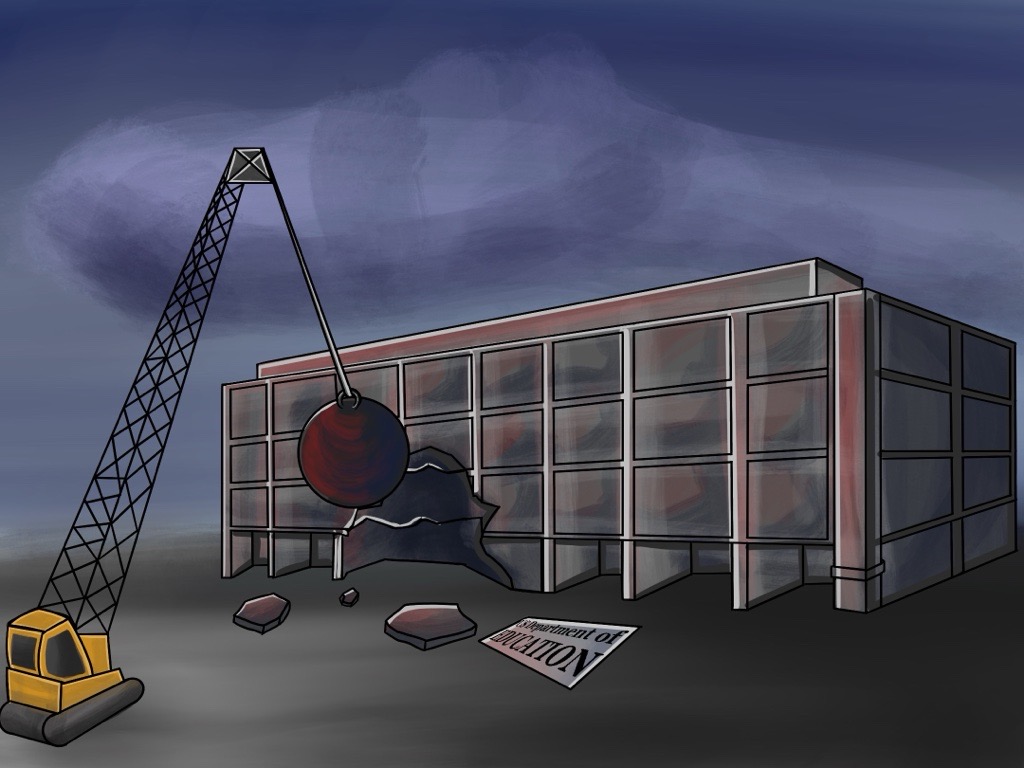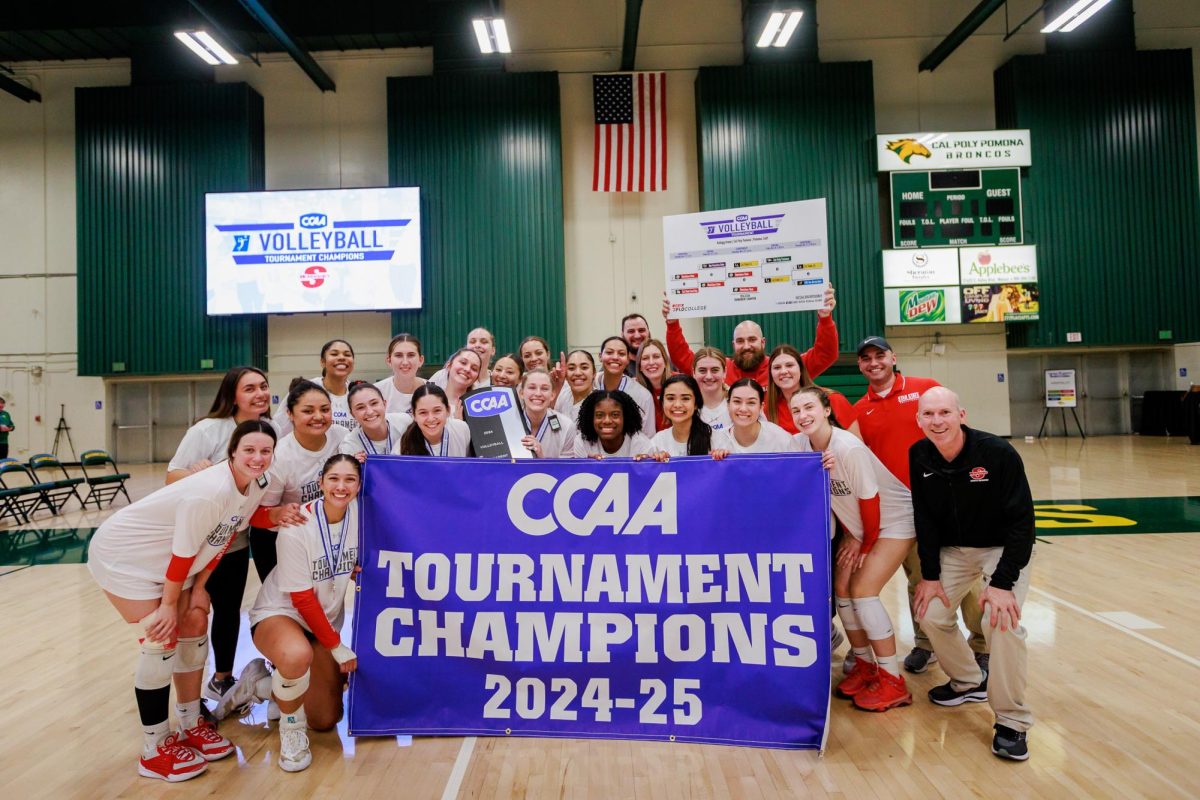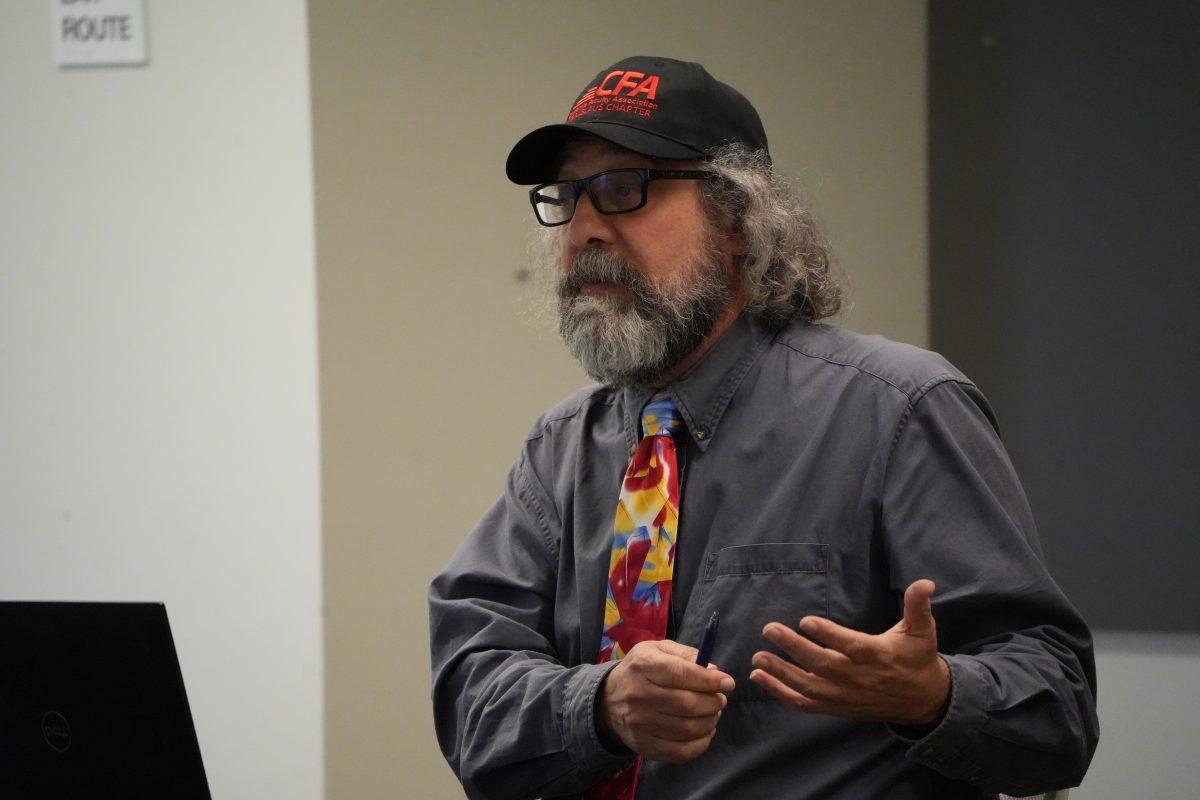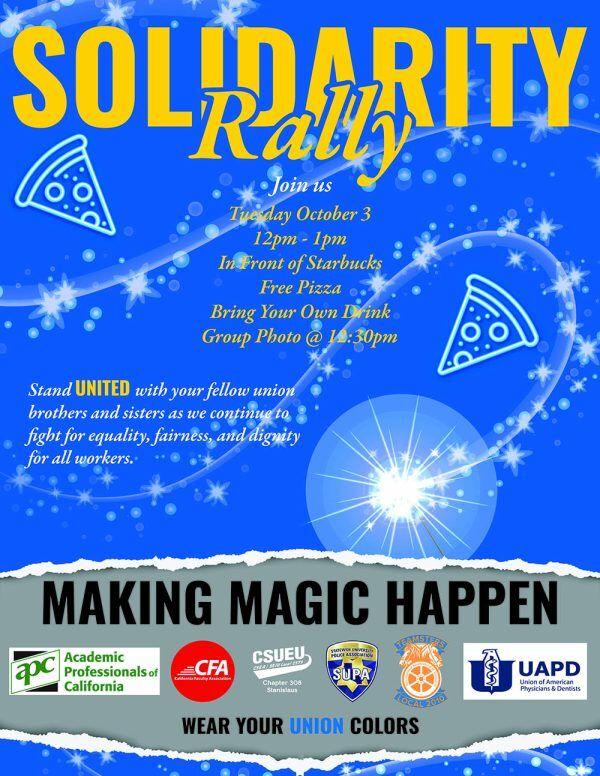In an emergency meeting on Thursday, Nov. 5, the California Fish and Game Commission voted to suspend the recreational Dungeness crabbing season, and the call was made the following day to delay the commercial crabbing season as well.
Every year in the fall and winter seasons, most people look forward to the holidays and anything pumpkin spice. But for many fishermen, the changing of the seasons means its time to go crabbing and earn some money.
Unfortunately, those fishermen are going to have to wait a while longer to go catch the fall-time delicacy. Unusual weather patterns have led to ocean temperatures rising on the West Coast, which caused an algae (pseudo –nitzchia) to release a neurotoxin called domoic acid into the water.
This toxin is affecting much of the Dungeness crab population and making them toxic to eat. There have also been reports of sea lions, seals, and even whales suffering from seizures after ingesting the toxins. If you ingest the toxin, which cannot be cooked out of the crab, you can suffer from memory loss, illness, tremors, and in extreme cases, death.
Rock crab season, which runs all year long, has also been suspended until further notice.
Recreational Dungeness crab season was scheduled for Nov. 7, while the commercial season was scheduled for Nov. 15. The delay of the season means a huge loss of money for the entire state of California.
California’s commercial crabbing industry is estimated to bring in at least $60 million a year. Many fishermen spend half of the year waiting for crabbing season to begin so they can earn their annual income. Without the money from this seasons crabs, many fishermen will have to look else where for a paycheck.
For Mike Ogawa (senior, Marketing), crabbing season is a time to get together with friends and have some fun by the water.
“I share crabbing season with friends and family to enjoy quality food and time. Without it just seems like abandoning a holiday, like Christmas or Thanksgiving,” he said.
Restaurants will also be greatly affected by the closing of the season. Many Bay Area and local restaurants buy their crabs fresh from the local fisherman. But now, they will be forced to import their crabs from Alaska, if they can afford it, or change their menu until the toxin levels subside, which can take months or even a year.
For many commercial and recreational fishermen, having crab for Thanksgiving and Christmas dinners is just as common as a giant turkey or honey-glazed ham. For some, it’s also an opportunity to go out and have a good time and enjoy the great scenery of California’s beautiful coast.
“Crabbing is more than just a sport. It’s a time to get together with friends and family and have some fun out there. It also makes a delicious meal! But, I’m more concerned about the people that come from all over the west coast to make a living from crabbing,” John Murray (first-year graduate, MBA) said. ”They depend on the income to help feed their families. Now, they have to figure out some other way to help support their families.”
If you go out to a crab feed this year or have crab at a restaurant in the next six to eight months, be safe and ask where it was caught before you eat it. If you want to keep updated on the Dungeness crabbing season, visit the California Department of Fish and Wildlife (CDFW) here.
Categories:
California Crabbing Season Closes
Seth Clark
•
November 12, 2015
0
Donate to Signal
Your donation will support the student journalists of California State University, Stanislaus. Your contribution will allow us to purchase equipment and cover our annual website hosting costs.
More to Discover















